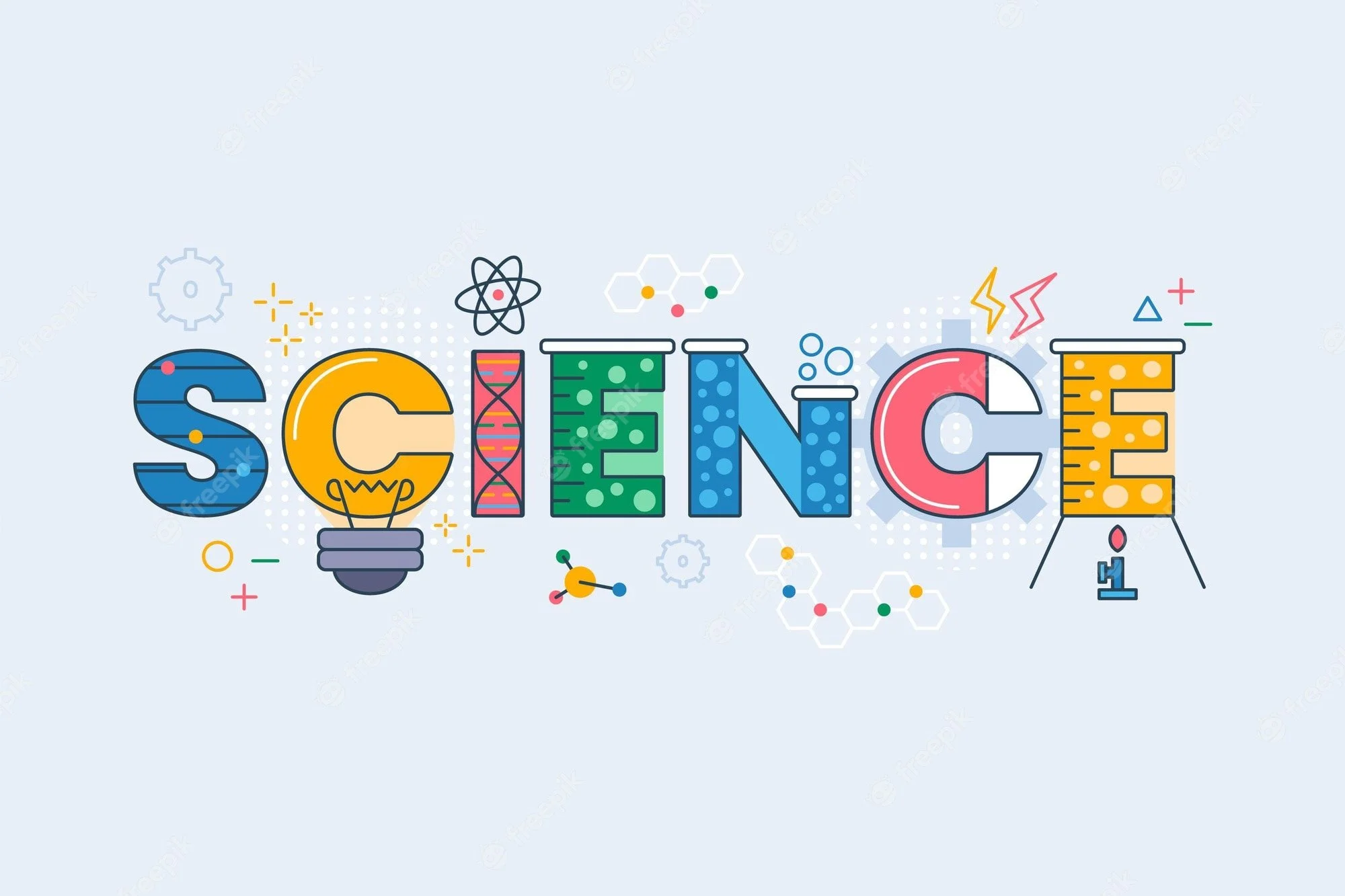Or is it “Depression linked to being poor and not affording proper food”?
Came here to say this…
If only they’d have thought of learning even the most basic facts about depression first, they could have saved themselves a lot of time and money.
But I suspect they were never looking to improve the lives of depressed people, but rather just to get on the latest buzzword-bandwagon that vilifies “ultra-processed foods” but never offers any viable alternative, let alone addresses the reasons why people consume, or even rely on it in the first place, and who benefits from making and selling it (because the answer is capitalism, and the capitalists funding these waste-of-resources hollow research projects wouldn’t fund one that points the finger back at them).
This nonsense is just as much a distraction and a shifting of responsibility from systemic to personal as plastic bans and made up “carbon footprint” are.
As a person with Dysthymia, shit like this pisses me off to no end. I’ve dealt with depression most of my life and I’ve lived many different lifestyles, super healthy and fit, eating very healthy and the complete opposite of the spectrum, binge eating, super overweight, getting destroyed by diabetes, and the one constant has always been the depression. Articles like this, as you say, are just a distraction and putting the blame on the victim. They obviously have an agenda to attack process foods and artificial sweeteners and depression is not the reason they are attacking them.
I’ve dealt with depression most of my life and I’ve lived many different lifestyles…and the one constant has always been the depression.
yup, same.
And then this shit is not only unhelpful to us, but it also makes many people (including, sadly health and care professionals) think that if we only took as good a care of ourselves as they do (they tell themselves), we wouldn’t be depressed (and, in a lot of their minds, a “drain” on them and/or society). It’s all so fucked up, but none of it is accidental.
Oh man, I just had this conversation with my mom last weekend. The same “if you just stop X, then maybe you won’t be so depressed”. This time is was thinking about government and societal issues. I don’t know how to get to understand that so much of what I “think” or “worry” about it just who I am and I can’t stop, in the same way she can’t just stop thinking about her children. It’s just me and yeah, it is probably affecting my depression in some ways, but there’s just some things I have to hurt.
That sucks, those conversations are so frustrating, and sadly I don’t know how you get others to understand, there are so many layers of socialisation, indoctrination, propaganda that contribute to that kind of thinking (where unless we are a happy smiley worker cog selling our labour to produce profit for others without complaining, there’s not only something wrong with us, but we’re also harming the system they’ve been manipulated to defend), it’s almost impressive how efficient the system is at keeping us down and divided.
it’s almost impressive how efficient the system is at keeping us down and divided.
It’s such a sad realization. So much of our society, no matter where you live, is designed to do this. And we’re constantly being manipulated. I have a degree in graphic design and I worked in advertising for a couple years out of college. It was the job I hated most, especially when it really hit me how much of it was just manipulating people in different ways. The most minor creative decision on any given project was made to catch the viewer in some way and it’s depressing how prevalent this is in the world.
It really is so fucking bleak isn’t it (I had a short stint in sales as my first proper job, and like you, I hated it but it opened my eyes to a lot)…
I guess the one positive in realising these things is that with it comes the realisation that the issues we face are deliberate and systemic, which hopefully leads to understanding that the solution then must also be systemic, and the more people realise that, the more chance we have at actually reaching the tipping point where enough of us band together to achieve it.
He said that because this is an observational study – one that looked at data already gathered – they cannot say highly processed food causes depression. That said, he thinks the data is strong.
“We were able to adjust for a number of what are called confounding variables in our analysis to suggest that eating more ultra-processed foods really could increase your risk of depression.”
“Sometimes what you see when you adjust for these variables is that the models or the results get weaker. And we didn’t really see that at all,” he later said.
Yeah this is dodgy. Basically he’s saying “we cannot say something but we’ll say it anyway,”. You only need 1 confounding factor or 1 incorrect adjustment to completely break the validity of any link.
To say the link got stronger as they adjusted for different confounding factors doesn’t mean anything. It’s a specious argument.
I imagine there’s a number of confounding variables, yes.
deleted by creator
I assume this is a correlation study? not a causation one?
It seems plausible the opposite is true, that depressed people are more likely to eat easy sweet foods.
Or even that if you’re depressed, you only have the energy to eat pre-processed foods.
That’s exactly the first thing that crossed my mind. Whenever I get a depressive episode, the last thing I want to do is cook. So the least effort, quickest meal is the meal I have. And meals like that are generally processed, terrible foods.
This has and presents problems.
The good news: it is using data from the Nurses Study. That’s hard data to beat because it’s got a great collection method going back years and years.
Bad news: it’s only covering four years. Bad news: it defines ultra processed foods as, among other things. having lots of calories. But spends a whole lot of time blaming drinks with artificial sweeteners. The one thing artificial sweeteners aren’t is calorie dense.
Either way it will give us something to argue about for a few years.
The one thing artificial sweeteners aren’t is calorie dense.
Depends if HFCS counts as “artificial,” I suppose.
I have personally noticed that my hunger is worse when drinking sugar-free soda.
quitting it made sticking to a calorie deficit easier.
after I had these results I googled about it and apparently it’s known possible side-effect for women and overweight people
so if anything the sugar free stuff is at least not all that no-brainer choice people make it out to be
it’s still a no-brainer to switch from normal soda to sugarfree: the calories in normal soda is literally just sugar which is the absolute worst form they could take, whereas in food you’re likely to get at least half of the calories in the form of fat/protein/larger carbohydrates.
Plus when you eat the calories instead of drinking them it makes you feel fuller, and there’s at least a chance you’ll get some more fibre in your diet.
that’s not as easy, sugar in itself is not “the worst”.
It’s no-Brainer to switch to plain carbonated water, I wouldn’t say it’s a no brainer to switch to sugar free, that depends on how much soda you drink and how badly the sugar-free one affects your hunger, to me it’s a lot, so if I would want a can of coke I would probably better of sticking to the normal one since I don’t drink it often and it won’t throw off my hunger to a crazy degree.
Though to be fair you might not have the context of how much diet soda hrows my hunger off, it’s so bad for me I can easily eat my 800 calorie high protein chicken-wrap 2 hours after the previous one if I drink a diet soda with it, while without the diet soda I can go for hours without feeling hungry
The tricky part with artificial sweeteners is that they only really help when you control for other caloric intake — which people generally don’t in everyday life.
Replacing a 200-calorie sugary drink with a zero-calorie artificial-sweetener-filled drink has unintended consequences in practice. It affects your hunger response which can cause you to eat back those calories and then some. There have been studies showing this both in rats and in humans.
Artificial sweeteners are also far from healthy in isolation.
As with many things related to health and diet, you need to be careful and realistic when considering what the real alternative is, especially when factoring in human psychology.
Personally, I had great success when I tracked all my food and drink intake, and once I had a strict calorie “budget” I found it very easy to cut out shitty food — because at that point the cost of empty calories was smaller, less satisfying meals, which was tangible and relatively immediate. In that context, artificial sweeteners worked for me because I had the tools to control those unintended consequences.
In any case: seltzer with a teensy bit of lemon juice beats everything. :) I’m very happy with my purchase of a home carbonator.
deleted by creator
“What we found is that consuming high amounts of ultra-processed foods could increase your risk of developing depression by up to 50%”
and
“He said that … they cannot say highly processed food causes depression”
Those statements sound contradictory (Or do they mean that it ‘could’ be 50% or 0%? But if so, why say anything at all)
He can’t say it definitely because, even though the observational results are convincing, you’d want to produce biological/neurological evidence to be able to make the claim with certainty.
Sure. Then imho if he can’t say it definitively, he should not make the first claim (slipping in weasel words like ‘could’ and ‘up to’ serve as a lazy catch-all disclaimer in that case.)
deleted by creator
Why?
deleted by creator
jokes on them i cant even afford processed foods.
Can’t wait for this study to be buried and it’s republished with “corrected” findings
Remember sugar how they later said it was fat?










